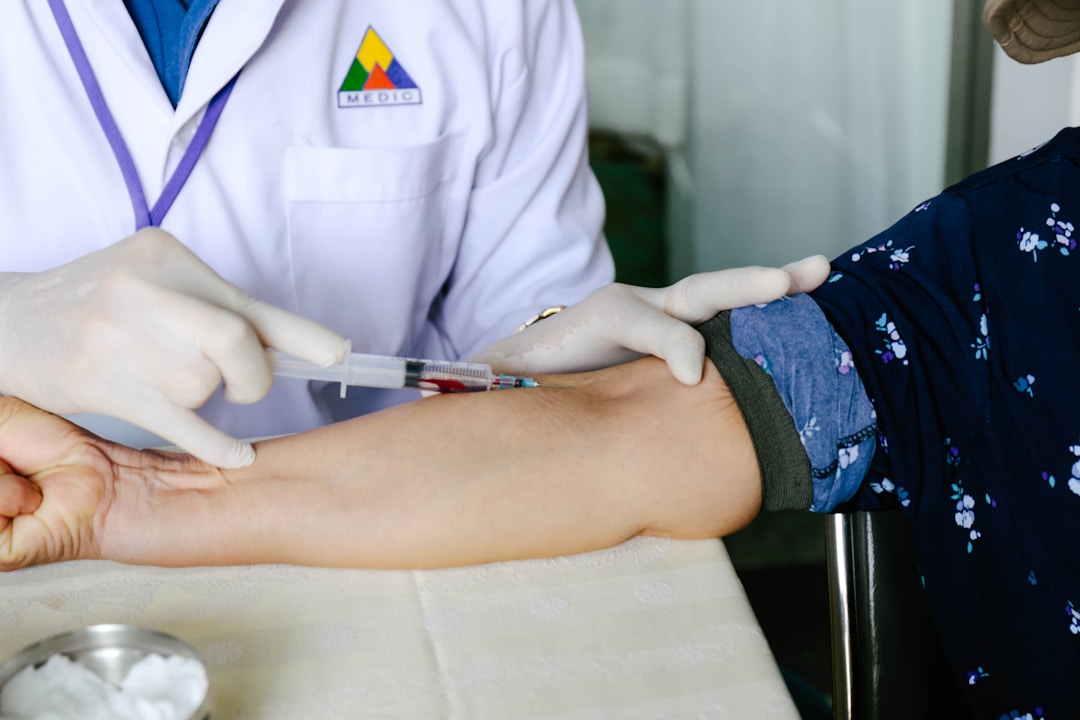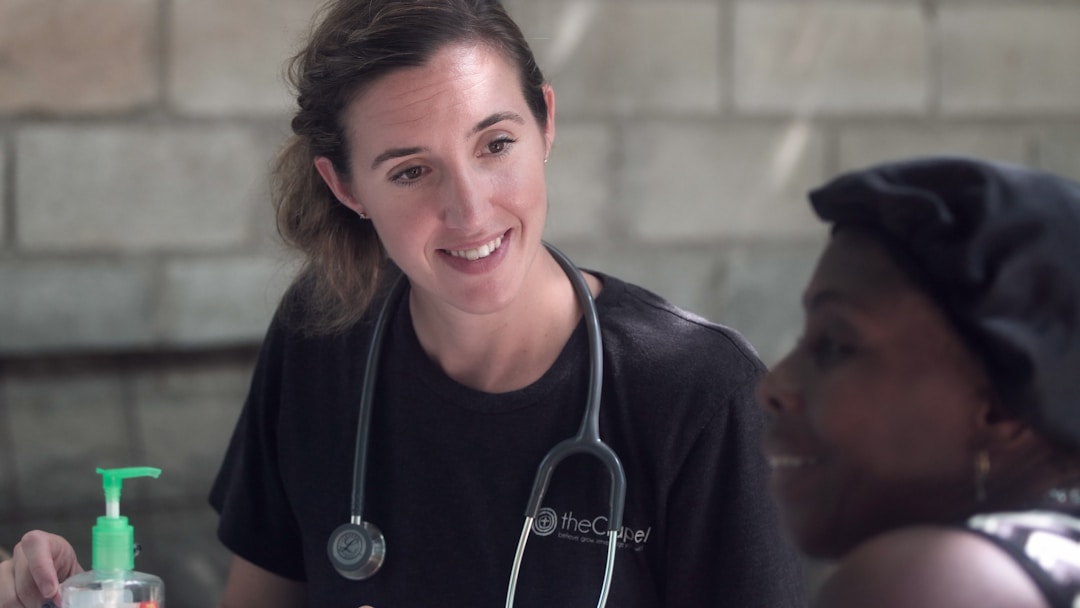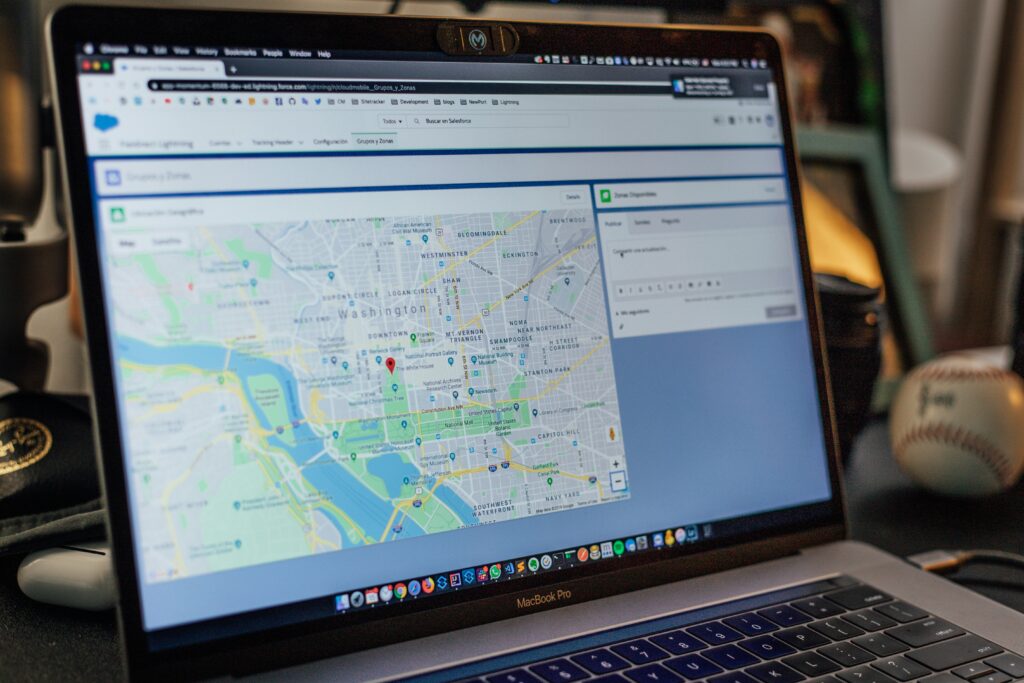Careers in healthcare can be both stressful and rewarding. Nevertheless, if you love the sciences, helping people, and are willing to work hard, a career in healthcare could be perfect for you. If you’re considering a career in healthcare, there are some things to think about before enrolling in a nursing school or other healthcare training program. To learn more about careers in healthcare and how they might work for you and the community you hope to serve, read on.
Considering Your Personality and Skills

The first step in knowing if a healthcare career’s right for you is taking an honest look at your skills and personality. The same way a criminal trial would involve a close look at the preponderance of the evidence, you’ll want to scrutinize your circumstances, financial situation, and ability to make it through clinical hours or an online program.
If you’re the type of person who pays attention to detail and learns quickly, a healthcare career could be for you. For example, someone who can spot how a civil case differs from a criminal case without any formal training is likely a lifelong learner. You don’t have to have a bachelor’s degree to understand the differences between a good verdict and a bad verdict for a family member who’s risking going to prison, but understanding the ins and outs of the criminal justice system takes intelligence. If you have a penchant for critical thinking, going back to school might be easy for you, and you can expect to do well in classes that involve not only science and mathematics but also critical thinking.
If continuing your education seems right for you, do a little homework on the potential careers available in the field. Medical jobs can include but are not limited to becoming a nurse educator, a nurse practitioner, nurse manager, clinical leader, working in collegiate nursing education, or working in medical records or accounts receivable. If you’re someone who already has skills related to patient care, education, or billing, you’ll want to think about that when deciding what part of healthcare to get into.
Thinking about Your Values

In the midst of a global pandemic, graduate degree and certificate programs are seeing an increase in applications for MSN programs and more. While this might be because the wider community sees healthcare professionals as more valuable than ever before or that more people are hoping to make a difference. If changing lives and making important decisions is something you value, a healthcare career could be a perfect fit for you.
Once you’ve considered why you’re interested in the healthcare field, think about what specialization and level you’d like to work at, too. A Master’s Degree in nursing would offer you the ability to supervise registered nurses whereas a certified nursing assistant’s license in the United States would mean working one on one with patients without the ability to make independent decisions.
Assessing Your Temperament

Are you someone who works well under pressure or in crisis? Are you patient? Healthcare professions require the ability to work under pressure while keeping your cool. If you’re someone who could cope with a family member in jail and objectively assess the situation, your temperament would likely work well in the healthcare field.
If you believe you’d be able to handle a massive amount of medical information while adhering to healthcare policy during patient care, your ability to multitask and stay calm in a crisis could work well as an NP in an emergency room. While different types of clinics and facilities have different standards of care, your ability to predict your best fit will go a long way in ultimate job success.
In the end, the field of healthcare offers a large variety of careers you may not have even considered before. Doing a little research on the specialties and skill levels you might be interested in ahead of time will go a long way in helping you make your decision. From work as an emergency medical technician (EMT) to an advanced practice nurse or family practitioner, your next step toward a healthcare education could be your best decision yet.
If you still aren’t sure, a simple phone call to a school of nursing might help you. When making that call, don’t forget to ask about options for scholarships, financial aid, and their take on career opportunities.

















